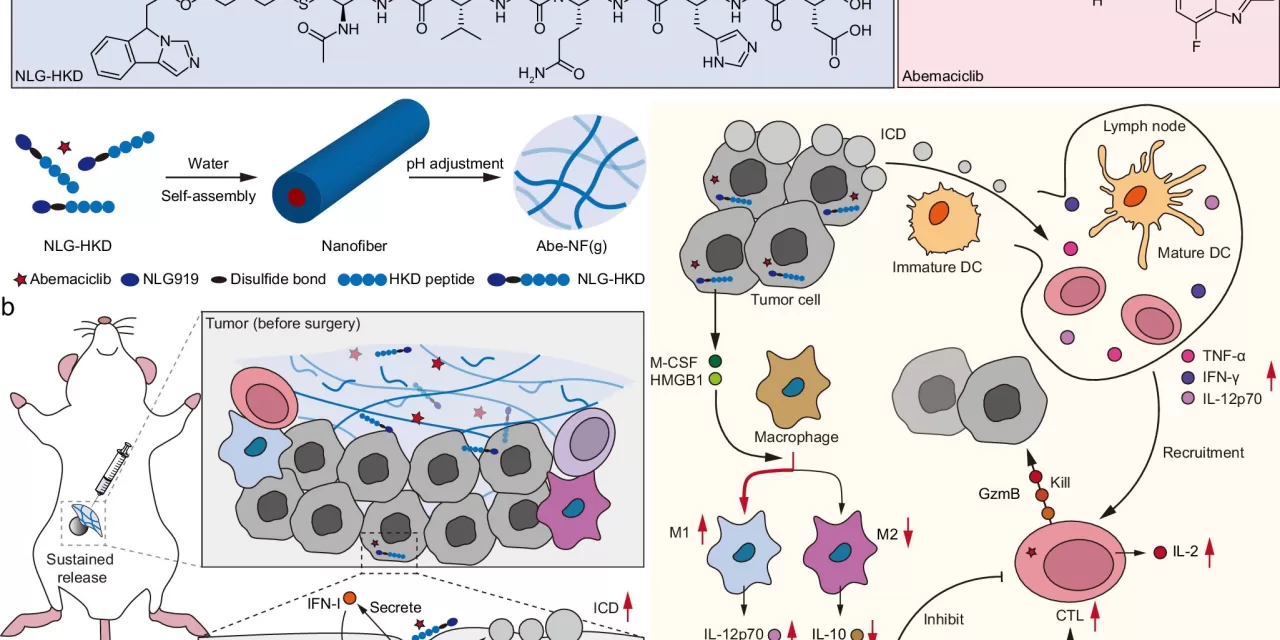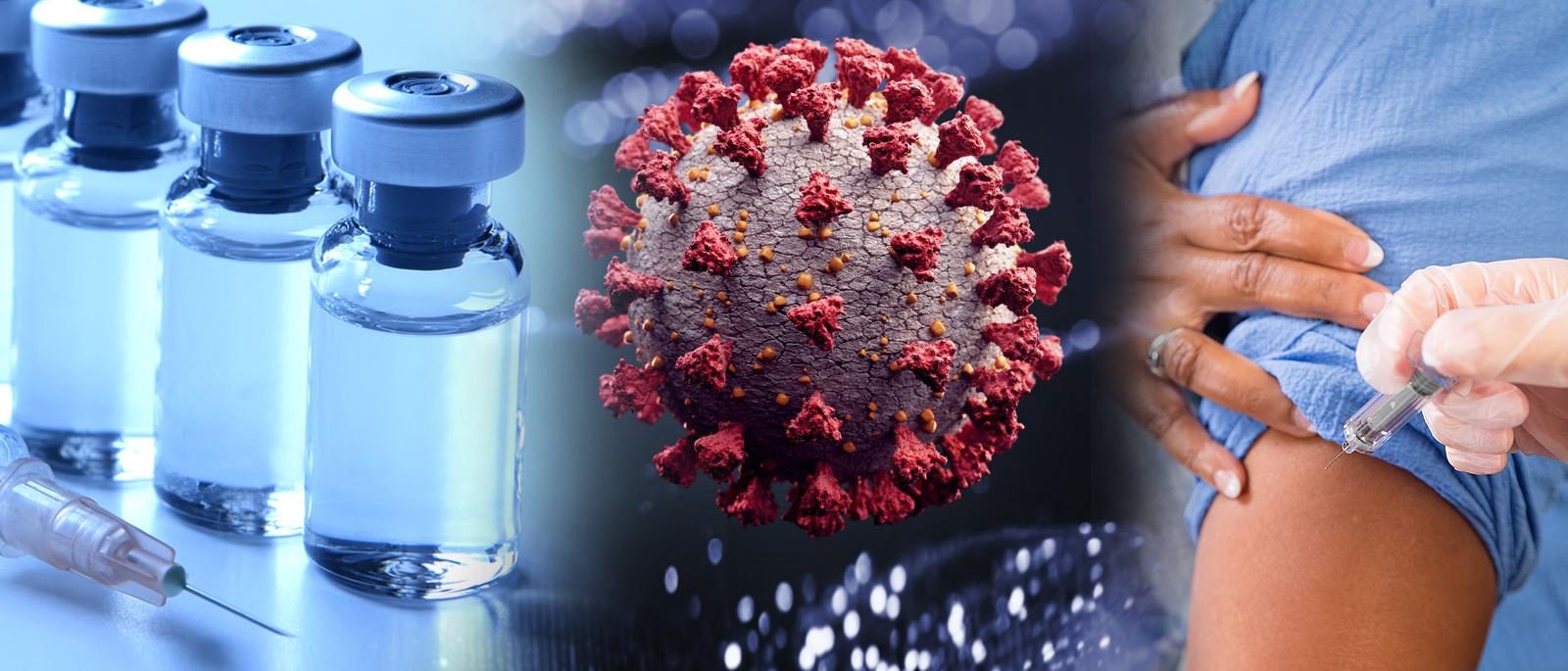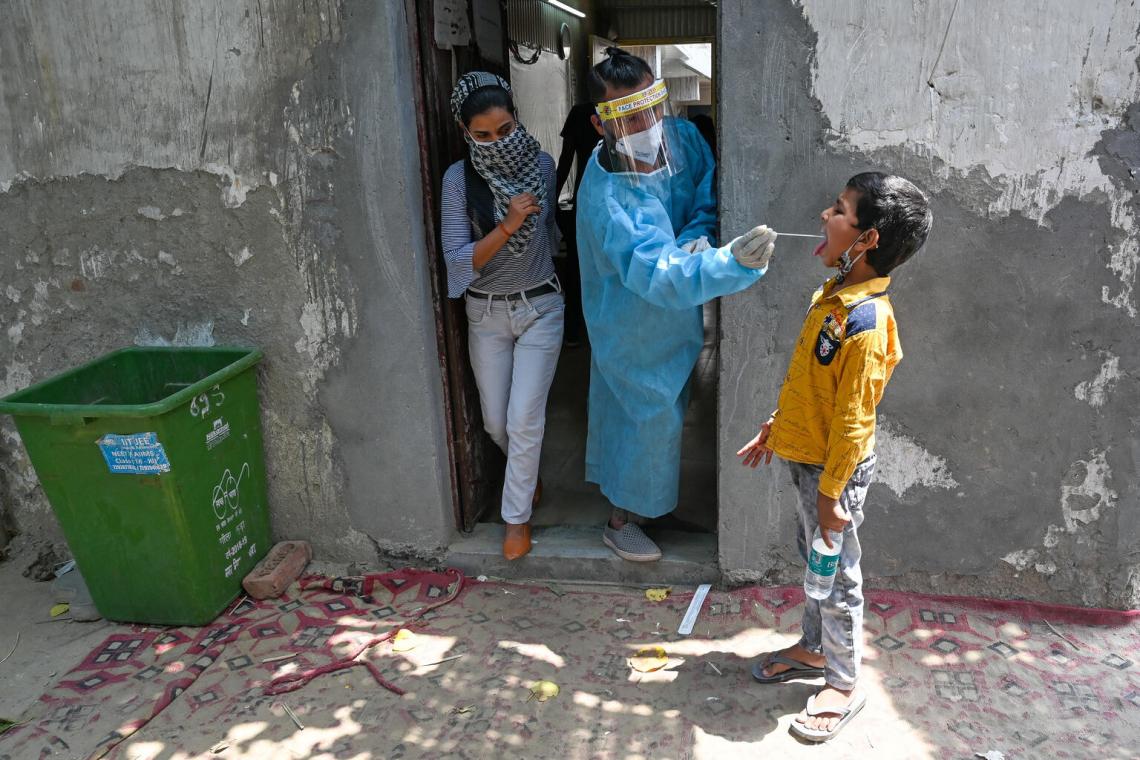Shanghai, China – Researchers in China have developed a novel injectable hydrogel that demonstrates significant promise for treating triple-negative breast cancer (TNBC). This groundbreaking approach combines localized drug delivery with immunotherapy, offering a potential solution to the limitations of current treatment methods.
TNBC, a particularly aggressive form of breast cancer, is difficult to treat due to its lack of receptors for commonly used therapies like hormone therapy and Herceptin. While immunotherapy has shown some success, its effectiveness is often hindered by systemic side effects and the tumor’s ability to evade the immune response.
The newly developed hydrogel, detailed in a recent study published in Nature Communications, incorporates two key components:
- Abemaciclib (Abe): A drug that targets cancer cell growth.
- NLG919: A peptide that enhances the immune response.
This unique combination is encapsulated within a biodegradable hydrogel, allowing for sustained drug release directly at the tumor site. This localized delivery minimizes systemic side effects, such as damage to the lymphatic system and liver toxicity, often associated with conventional chemotherapy.
Key Findings:
- Improved Drug Delivery: The hydrogel effectively delivers both Abe and NLG919 to the tumor, maximizing their therapeutic impact while minimizing systemic exposure.
- Enhanced Immune Response: Abe triggers a process called immunogenic cell death, which activates the immune system to recognize and attack cancer cells. NLG919 further boosts this response by inhibiting immune checkpoints within the tumor.
- Reduced Recurrence: In preclinical models, the hydrogel significantly reduced tumor recurrence and the development of metastases in the lungs.
“This study represents a significant advancement in the field of breast cancer treatment,” said Prof. Li Yaping, one of the lead researchers. “The injectable hydrogel platform offers a versatile approach that can be adapted to deliver other drugs and potentially enhance the effectiveness of various cancer therapies.”
This research provides a promising avenue for the development of more effective and less toxic treatments for TNBC and other challenging cancers. Further clinical trials are necessary to evaluate the safety and efficacy of this novel approach in human patients.
Disclaimer: This information is for general knowledge and informational purposes only and does not constitute medical advice. Consult a qualified healthcare professional for diagnosis and treatment of any medical conditions.












